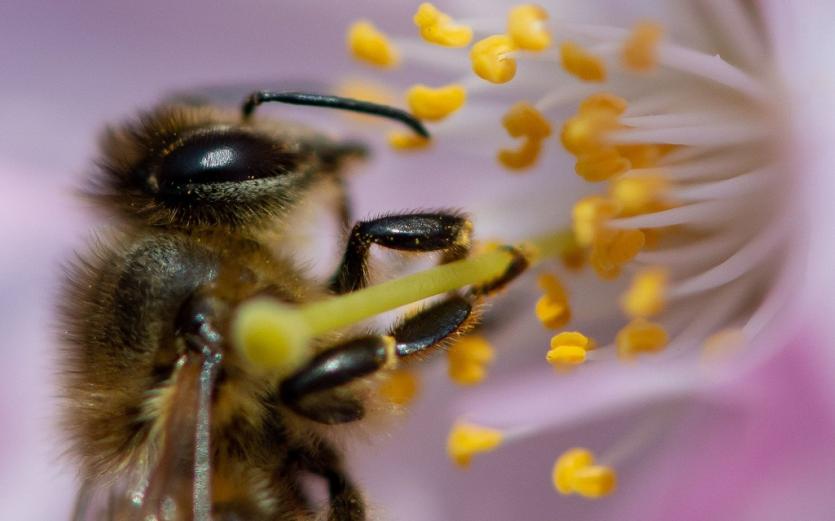Bee killing pesticide banned by the EU approved by the UK government
By Patryk Krych | The World Daily | JANUARY 9th 2021
The use of a dangerous pesticide with associations tied in with the culling of bee populations has been permitted for use in the United Kingdom amid COVID-19 and yellow virus struggles, despite an explicit European Union ban having been administered two years prior.
The EU-wide ban on a certain type of pesticide which contained neonicotinoid thiamethoxam two years ago was considered a great success for environmentalists. The chemicals in the product had long been scientifically associated with the increasing death rates of bees, and as such it was considered a priority to put a stop to it. For the past two years, the ban had proceeded as normal until now.
Due to the threats that have been posed by the spread and sanctions put in place by the COVID-19 coronavirus, combined with a recent spread of a plant-targeting virus, the lobbying efforts of the National Farmers’ Union (NFU) and British Sugar in the UK had led to the emergency allowance of the use of the pesticide. The decision is being considered rash and inappropriate, despite the generation’s struggles, and an overall regressive move.
At the moment, many people are calling for an implementation of minimal sanctions on the pesticide at the very least, in order to help prevent the dangerous chemicals from reaching rivers and spreading out too far. The British insect populations are already known to be in decline, and the use of this chemical pollutant is anticipated to only worsen the situation for the environment.
It was described as an “environmentally regressive” decision by the chief executive of the invertebrate conservation group Buglife, Matt Shardlow. He went on to state that “In addition, no action is proposed to prevent the pollution of rivers with insecticides applied to sugar beet.”
“Nothing has changed scientifically since the decision to ban neonics from use on sugar beet in 2018. They are still going to harm the environment,” he added.
The UK wasn’t the only country to make the decision of allowing use of the pesticide in the EU. Ten others have jumped to the same allowance. The decision comes amidst a great unrest and understanding that there’s a great need for sugar production – especially in times of wilting health conditions amongst citizens. Sugar from beets is known to be far less harmful than refined sugar.






